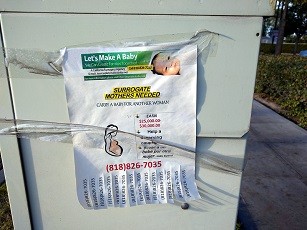Life Institute Blog
Reproduced with permission
Bernadette Flood

In jurisdictions where euthanasia and/or assisted suicide is legal, experience shows there are profound implications for pharmacy practice.1 Little attention in the current euthanasia debate has been paid to the role of Irish pharmacists. Pharmacists are employed in the Irish healthcare system in a variety of locations: hospital, long term care, care of vulnerable populations, community, academia/research, education, industry, palliative care/hospice care, legislation, policy, drug information, HIQA etc. All may be challenged professionally and personally if euthanasia and assisted suicide are introduced. . . . continue reading
